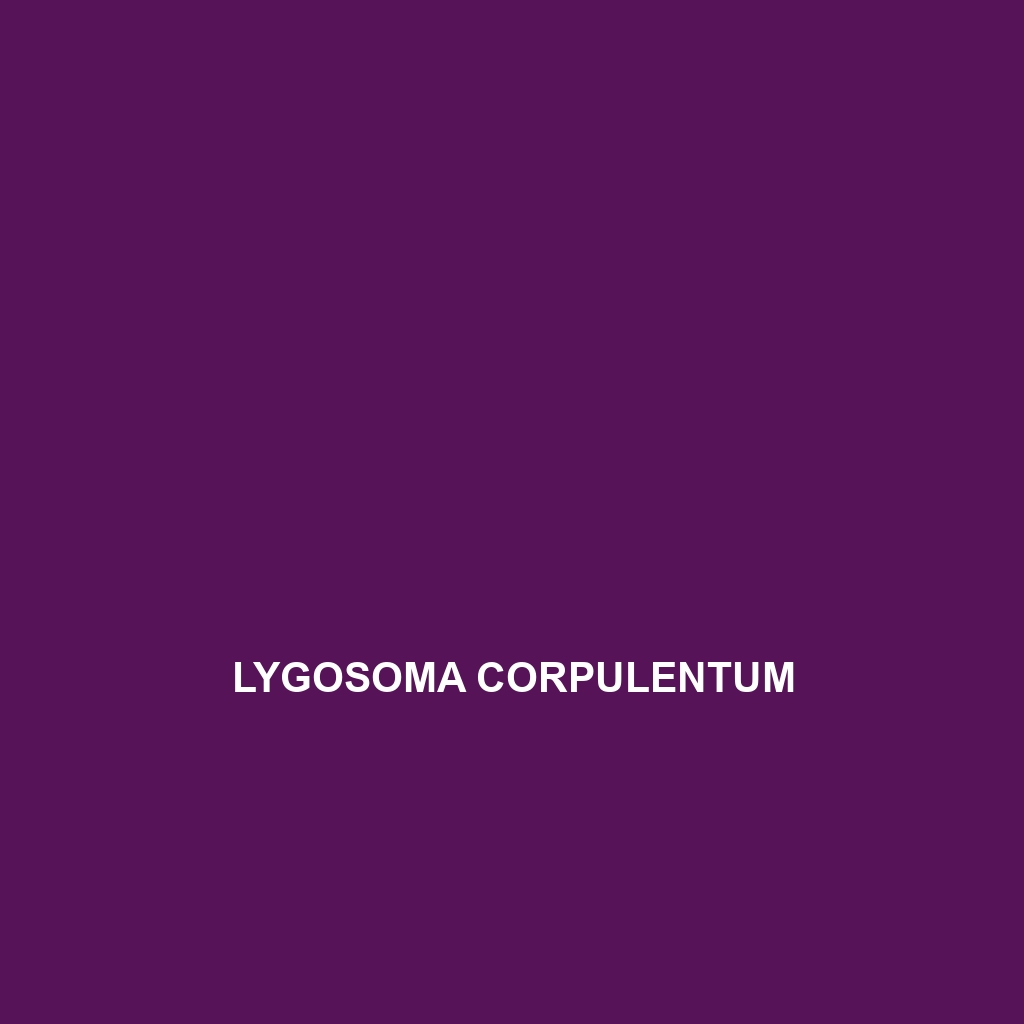-

Anolis bonairensis
Discover the Bonaire Anole (Anolis bonairensis), a vibrant small to medium-sized lizard native to Bonaire’s diverse habitats, including dry forests and coastal areas. Renowned for its striking dewlap and agile climbing, this species plays a vital role in controlling insect populations while exhibiting fascinating territorial behaviors.
-

Anolis brasiliensis
Discover the Brazilian anole (Anolis brasiliensis), a colorful lizard native to Brazil’s subtropical and tropical regions. Measuring 15 to 20 cm, it features a unique dewlap, exhibits diurnal behavior, and plays a vital role in controlling insect populations within its diverse ecosystem.
-

Anolis boettgeri
Discover the Anolis boettgeri, a captivating lizard species native to Central America’s lush forests, known for its vibrant dewlap and exceptional climbing skills. This diurnal, insectivorous reptile plays a vital role in its ecosystem by controlling insect populations while showcasing intriguing behavioral displays during mating rituals.
-

Anolis birama
Discover the vibrant Anolis birama, a diurnal lizard native to the tropical forests of Grenada and Saint Vincent, known for its striking green and brown coloration, agile climbing abilities, and vital role in controlling insect populations and pollination. With a length of 5 to 8 inches and unique mating displays, this species is classified as…
-

Anolis bitectus
Explore the vibrant Anolis bitectus, a diurnal lizard found in the Caribbean’s tropical forests, known for its agility, color-changing ability, and crucial role in pest control. Measuring 5 to 8 inches, this species exhibits fascinating territorial behaviors and is vulnerable due to habitat loss.
-

Anolis benedikti
Discover the vibrant Anolis benedikti, also known as Benedict’s anole, a striking green lizard native to the tropical rainforests of Central America. With its agile climbing abilities and distinctive dewlap display, this insectivorous species plays a vital role in its ecosystem, thriving in humid foliage while showcasing fascinating behaviors.
Search
Popular Posts
-
Lygosoma corpulentum
Discover the Lygosoma corpulentum, or fat skink, a robust insectivorous lizard native to Southeast Asia’s moist tropical rainforests and varying habitats. With a stocky body, impressive camouflage, and remarkable adaptability, this ovoviviparous species plays a crucial role in maintaining ecological balance.
-
Lygosoma boehmei
Lygosoma boehmei is a slender, nocturnal insectivore found in humid tropical rainforests and savannas of Southeast Asia, exhibiting a smooth, camouflaging texture and remarkable burrowing abilities. This vulnerable species plays a crucial role in its ecosystem by controlling insect populations and serving as prey for larger predators.
-
Lygosoma bampfyldei
Lygosoma bampfyldei, commonly found in tropical and subtropical regions, is a moderately sized lizard measuring 15 to 25 cm, known for its elongated body and glossy, camouflage coloration. This insectivorous species thrives in moist habitats and plays a vital role in maintaining ecological balance by controlling insect populations.
Categories
Tags
animal adaptations (924) animal behavior (5000) animal reproduction (865) behavior (920) biodiversity (7853) conservation (1670) conservation efforts (1778) conservation status (5748) diet (2104) ecological balance (2087) ecological role (1952) ecosystem (1469) ecosystem role (2901) endangered species (2514) habitat (3280) habitat conservation (1136) Habitat Destruction (1421) habitat loss (3385) herpetology (870) insectivorous reptiles (948) IUCN Red List (1971) lizard behavior (881) lizard diet (944) lizard reproduction (1101) nocturnal animals (2754) nocturnal behavior (2592) nocturnal reptiles (1061) physical characteristics (2058) predator-prey relationships (927) reproduction (2890) reptile behavior (1037) reptile conservation (1348) reptile reproduction (1069) rodent species (1325) seed dispersal (2145) Seed Disperser (979) small mammals (1168) snake behavior (952) snake diet (1061) snake reproduction (1129) tropical forests (948) Vulnerable Species (4926) wildlife (2511) wildlife conservation (5355) wildlife protection (1008)





